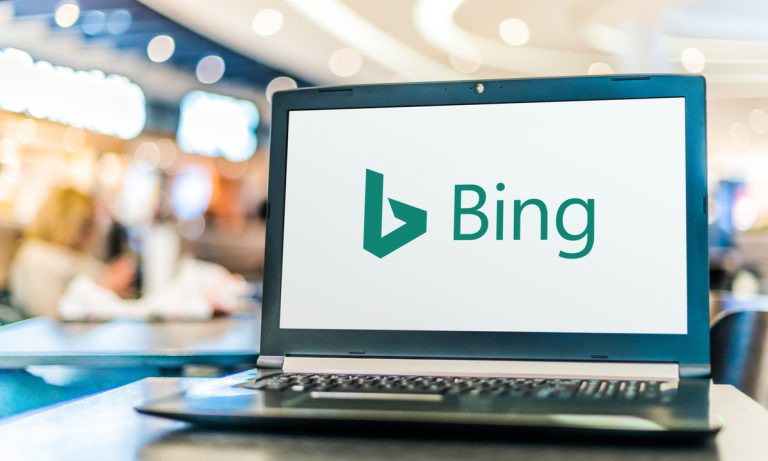Microsoft’s AI-Powered Chatbot Failing to Gain Market Share

Microsoft’s addition of an artificial intelligence (AI)-powered chatbot to Bing has reportedly gained it little market share among search engines.
Bing had a 3% share of the search market in January — a month before the launch of the AI-powered offering — and it still had a 3% share in July, the Wall Street Journal (WSJ) reported Thursday (Aug. 17).
Expressed another way, Bing’s number of monthly users amounted to 1% of that of Google’s in both January and July, according to the report.
Microsoft disputes that data, saying third-party researchers aren’t counting all the visits to Bing’s chat page, the report said.
The company’s chief marketing officer for consumer products, Yusuf Mehdi, told The Wall Street Journal that Microsoft’s own data shows Bing gaining market share.
“We’ve made more progress in the last six months than we have in the previous decade or two combined,” Mehdi said. “We’re delighted with our start.”
WSJ attributes the failure of AI to move the needle in terms of search engine market share — according to the third-party measurements — to people being in the habit of using the dominant search engine, Google. It also notes that the idea of using a chat interface for search is still new to many people.
Microsoft’s launch of the AI-powered feature also contributed to its slow adoption, the report said. For one thing, the technology was initially limited to users who logged in with a Microsoft ID on the company’s Edge browser. Plus, the feature’s introduction was preceded by that of OpenAI’s ChatGPT, which uses the same technology and became a viral sensation.
In addition, Google introduced its own generative AI-powered chatbot, Bard, in March, and began testing an integration of generative AI into its regular search page in May.
“Over time, this will just be how search works,” Google CEO Sundar Pichai said.
It was reported in April that Google was building an all-new search engine amid increased competition from AI-driven rivals. The firm said earlier that month that it would add conversational AI to its search engine as it looked to compete with Microsoft’s efforts in the space.
Source: PYMNTS





